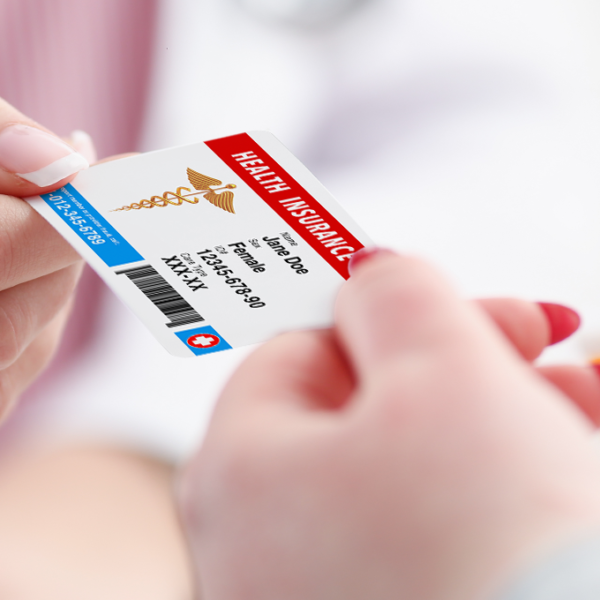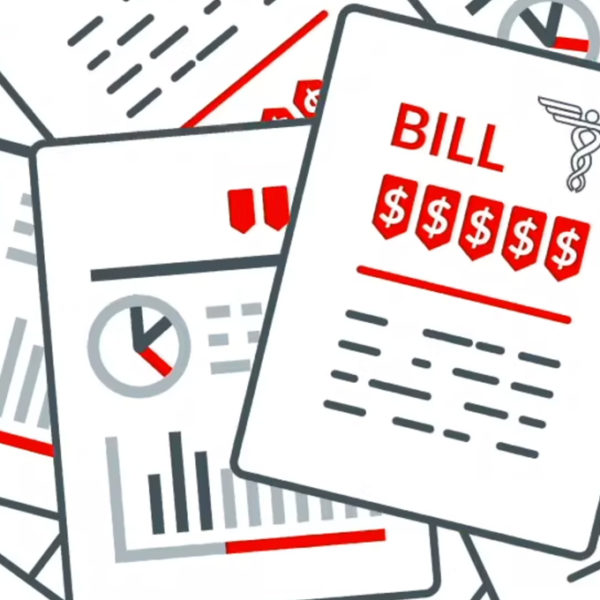Anyone can become a victim of healthcare fraud. Even if you’ve taken all the right steps to protect your medical privacy, you may still realize that someone has used your medical information for their own gain.
There is, unfortunately, no centralized way to combat healthcare fraud. It’s typically the victim’s job to start investigating and reporting evidence of fraud, and often the process can be both convoluted and frustratingly slow.
Below, we’ve provided some steps for you to take if you believe you’re a victim of healthcare fraud, as well as an alternative to pursuing it yourself.
What are some signs of healthcare fraud?

You can learn more about the signs of healthcare fraud here, but be on the lookout for:
- You receive bills or Explanations of Benefits for services you didn’t receive
- Your healthcare provider tells you there’s been a breach
- You have incorrect information on your medical charts (such as different blood types, or conditions you don’t suffer from)
What do I do about healthcare fraud?
While the exact steps you take will depend on your location (and potentially your health insurer), generally speaking, you should begin with the following:
- Contact the doctor, pharmacist, or other healthcare provider listed on the bill and explain the situation. It’s possible you may be able to resolve the problem here, particularly if someone has accidentally miscoded something.
- If you can’t resolve the problem with your provider, contact your health insurance company’s fraud department. They should start working with your healthcare provider to investigate the fraud, but health insurers are notoriously reluctant to investigate fraud. You may have to keep contacting them for updates.
- reports of healthcare fraud; they may give you the option to call or fill out a form. If your health insurance company isn’t pursuing your report, you’ll want to inform the state authorities of that, too.
- Report the fraud to the FBI at tips.fbi.gov.
- Recover damages, if possible. You may have to work with the providers, your insurance company, and even hire legal experts to recover payments you may have already made.
- Remove fraudulent information from your medical record. This step can take a long time, depending on how long the fraud went on. You will again have to coordinate with your insurance company and medical providers to remove incorrect diagnoses, treatments, and information from your record. This step is absolutely critical: if your record states that you have diabetes and you don’t, for example, you’ll receive care based on that diagnosis—and that can prove fatal.
How does HealthLock handle healthcare fraud?

If you’re protected by HealthLock, the process of recovering from and stopping further fraud is much simpler. Because our powerful AI technology detects fraud when it hits your insurance, we can alert you to its presence early. Our Resolution Team can work with your doctors, insurers, and others to help clear your name and restore any damages.
Healthcare fraud can happen to anyone, but catching it early can stop the snowballing problems it can cause. Trust HealthLock to monitor your medical privacy and keep your important data secure—your peace of mind is worth it.

Sources:
https://www.journalofaccountancy.com/issues/2020/mar/how-to-identify-report-health-care-fraud.html
https://www.cahealthwellness.com/members/medicaid/resources/reducing-fraud.html
https://www.fbi.gov/scams-and-safety/common-scams-and-crimes/health-care-fraud
https://www.bcbsm.com/index/health-insurance-help/faqs/topics/other-topics/how-to-recognize-and-report-health-care-fraud.html
https://www.nhcaa.org/tools-insights/about-health-care-fraud/the-challenge-of-health-care-fraud/
https://www.propublica.org/article/we-asked-prosecutors-if-health-insurance-companies-care-about-fraud-they-laughed-at-us




